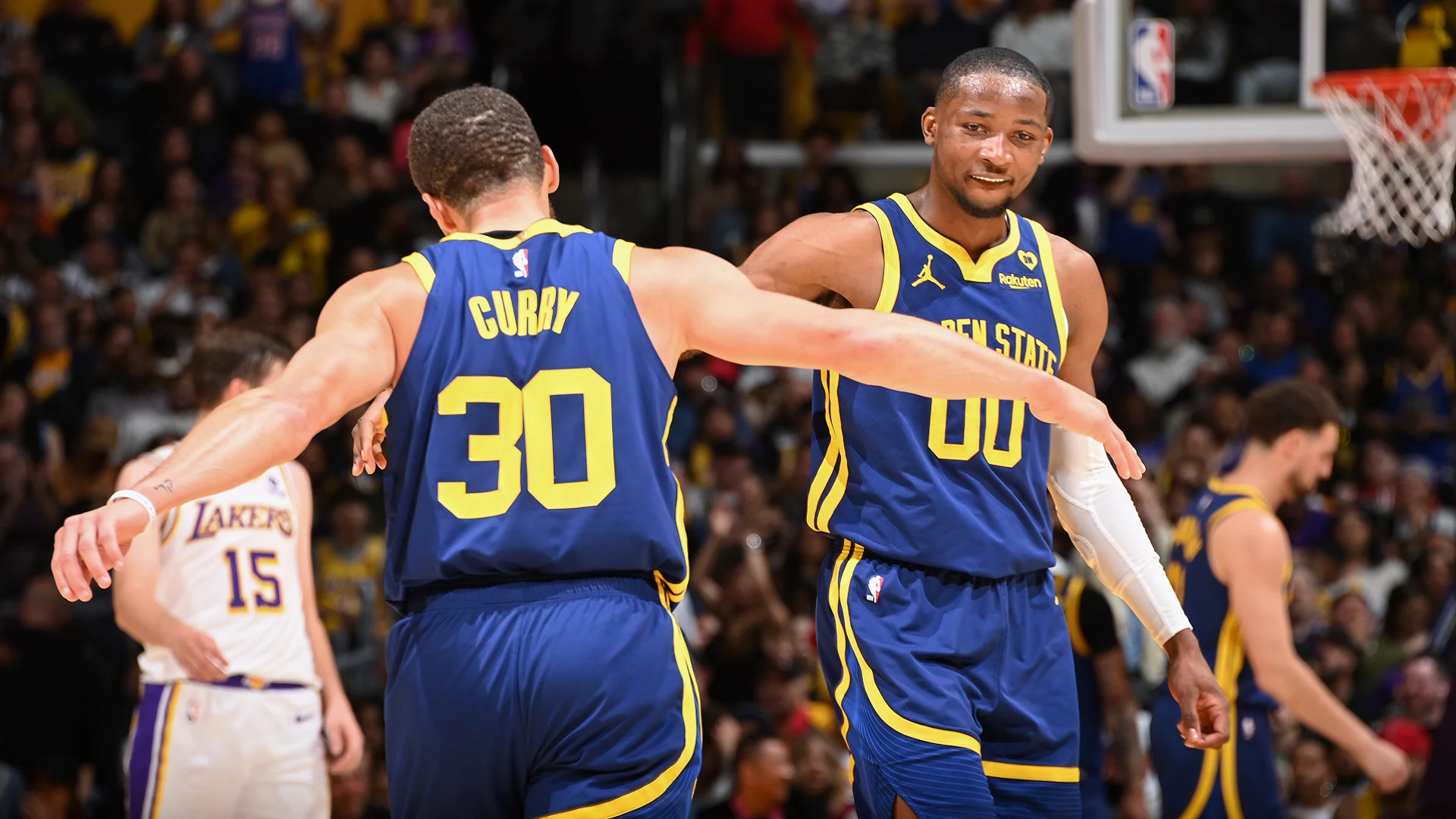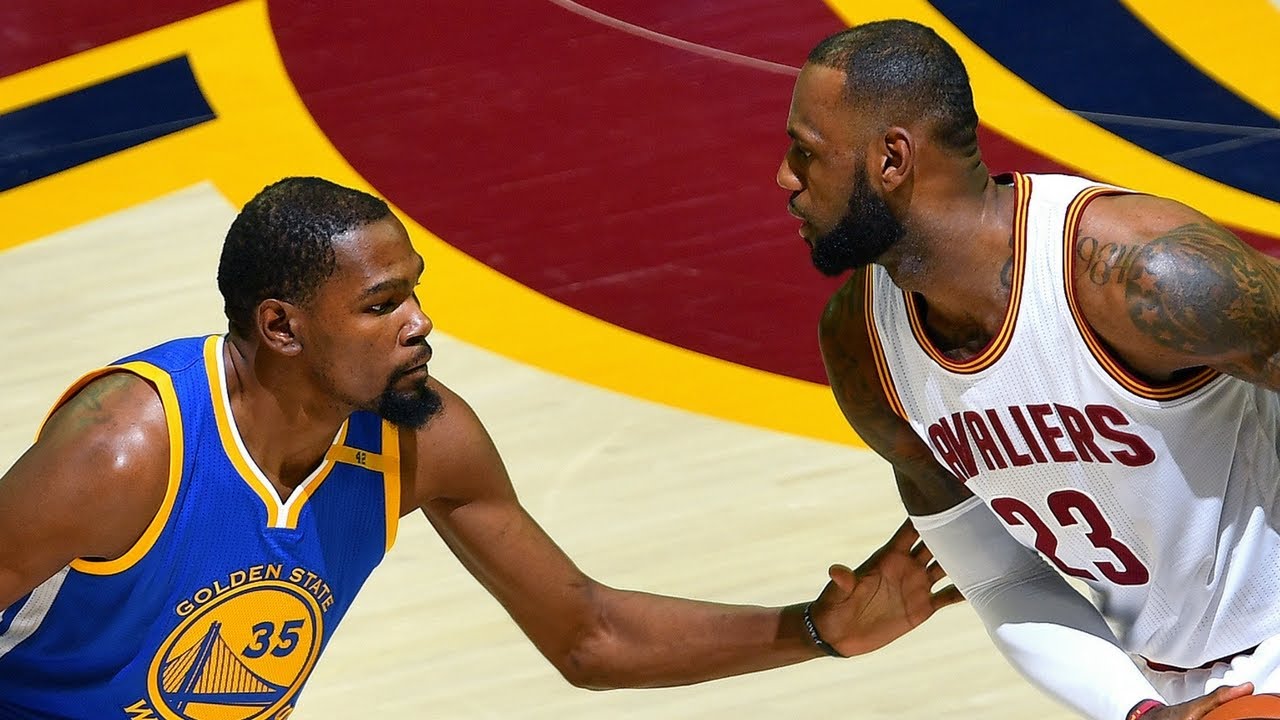The Boston Celtics, propelled by star performances from Jayson Tatum and Jaylen Brown, secured a 106-93 win over the Cleveland Cavaliers in Game 3, marking a significant rebound after their previous loss. This victory not only boosted their morale but also handed them a 2-1 series lead, setting the stage for a pivotal Game 4. The spotlight shines on Boston’s defensive prowess which, when firing on all cylinders, can significantly disrupt any team’s rhythm.
Despite Donovan Mitchell’s impressive 33-point haul, the Cleveland Cavaliers struggled as a unit, with the rest of the team combining for a meager 60 points. The formula has proven effective, with Boston neutralizing Cleveland’s offensive threats beyond their star player.

Boston Celtics’ Tactical Considerations: Managing Al Horford’s Minutes
A concerning trend for Boston is the visible fatigue of Al Horford. At nearly 38 years old and deep into his 17th NBA season, Horford’s energy levels are crucial, especially with Kristaps Porzingis sidelined. His performance in Game 3 was below his usual standard, which could be attributed to his extended playtime. Adjusting his minutes could be key to maintaining his effectiveness throughout the playoffs.
There is only 1 player in the 2024 NBA Playoffs with 300+ PTS scored.
Jalen Brunson has scored 373 PTS this postseason. pic.twitter.com/6tfrZoFRzd
— KnicksMuse (@KnicksMuse) May 15, 2024
Cleveland Cavaliers’ Countermove: Diversifying the Offense
For Cleveland, the challenge in Game 4 will be to find scoring options beyond Mitchell. Isaac Okoro, despite a strong showing in Game 2, has been less impactful otherwise. Experimenting with lineup changes, perhaps increasing Dean Wade’s minutes, could provide the spark the Cleveland Cavaliers need.
Wade, returning from a knee injury, showed potential in limited minutes, suggesting he could play a larger role moving forward.
Dallas Mavericks Take Charge: Building on Momentum Against the Oklahoma City Thunder
The Dallas Mavericks, led by Luka Doncic and Kyrie Irving, have faced tough resistance from the Oklahoma City Thunder, the league’s third-ranked defensive team. Despite injuries and defensive schemes aimed at containing them, the Dallas Mavericks have found a way to thrive, primarily through the surprising emergence of P.J. Washington.
Washington has been a revelation, averaging 28.0 points in the last two games, significantly impacting Dallas’ lead in the series. His proficiency from beyond the arc, especially from the corners, has forced Oklahoma City to reconsider their defensive strategy.

Dallas’ Key Strategy: Fueling Washington’s Hot Streak
The Oklahoma City Thunder’s decision to allow Washington open looks might change in Game 4 as they seek to adjust their focus. Dallas needs to continue feeding Washington the ball, ensuring he maintains his rhythm and confidence, which could be decisive in extending their series lead.
Oklahoma City’s Response: Amplifying Role Player Contributions
Oklahoma City coach Mark Daigneault faces a crucial decision regarding Josh Giddey’s role following his underwhelming performance so far in the series.
Boosting the contributions from role players like Aaron Wiggins and Cason Wallace, who have shown they can hit from downtown, will be vital. Their ability to capitalize on created opportunities could turn the tide in favor of the Oklahoma City Thunder.

High Stakes and Strategic Adjustments
As both the Boston Celtics-Cleveland Cavaliers and Dallas Mavericks-Oklahoma City Thunder series progress, the adjustments made by each team could very well dictate the pace and outcome of their respective series. The key to victory lies in not only the star players but also the strategic tweaks and the performance of supporting roles, which could tip the scales in these tightly contested matchups.










